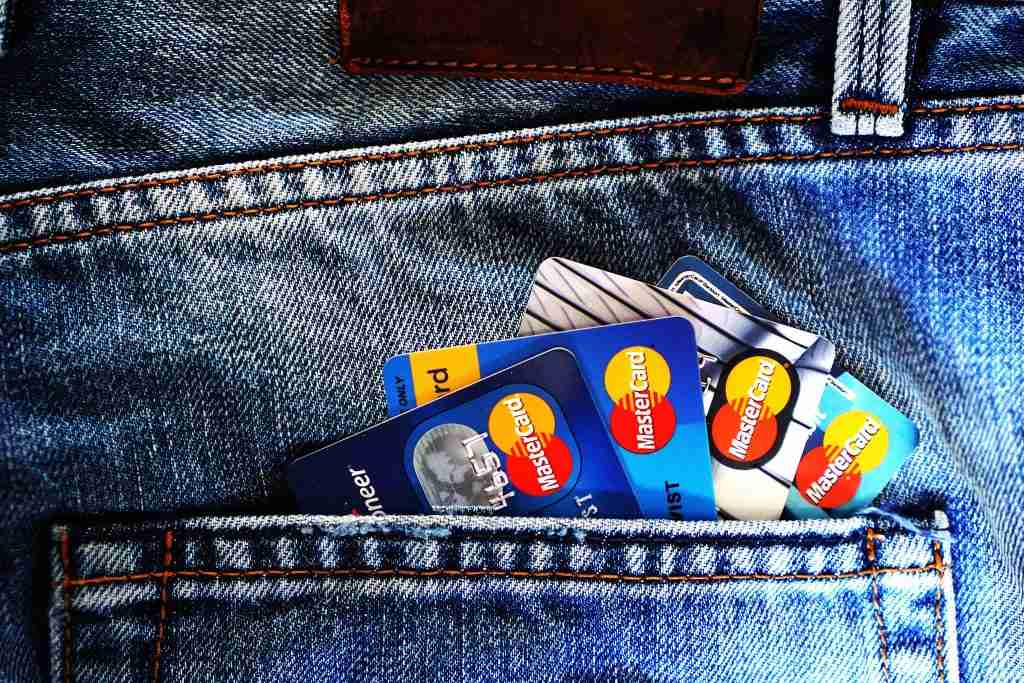Here are some tips for building and maintaining good credit:
1. Pay your bills on time: Late payments can have a negative impact on your credit score. It’s important to pay all of your bills on time, including credit card bills, utility bills, and any other bills that you have.
2. Keep your credit card balances low: High credit card balances can have a negative impact on your credit score. It’s important to keep your credit card balances low, especially in relation to your credit limit. If you have a credit limit of $10,000, for example, it’s best to keep your balance below $3,000.
3. Don’t close old credit card accounts: Closing old credit card accounts can have a negative impact on your credit score. This is because the length of your credit history is a factor in determining your credit score. It’s better to keep old credit card accounts open and just not use them.
4. Don’t apply for too many new credit accounts at once: Applying for too many new credit accounts at once can have a negative impact on your credit score. This is because it can make you look like a risky borrower. It’s best to only apply for one or two new credit accounts at a time.
5. Check your credit report regularly: Checking your credit report regularly is important because it can help you catch errors or fraudulent activity. You can get a free copy of your credit report from each of the three major credit reporting agencies (Equifax, Experian, and TransUnion) once a year.
6. Dispute errors on your credit report: If you find errors on your credit report, it’s important to dispute them. You can do this by contacting the credit reporting agency that provided the report and providing evidence that the information is incorrect.
7. Be cautious with co-signing a loan: Co-signing a loan can have a positive or negative impact on your credit score, depending on the payment behavior of the person you co-sign for. If they make timely payments, it can have a positive impact on your credit score. But if they miss payments, it can have a negative impact on your credit score.
8. Use your credit wisely: Using your credit wisely is important for maintaining good credit. This means using your credit card for necessary expenses, such as groceries or gas, and paying it off in full every month. It’s also important to not take on more debt than you can afford to pay back.
9. Don’t max out your credit cards: Maxing out your credit cards can have a negative impact on your credit score. It’s important to keep your credit card balances low, as mentioned earlier.
10 Consider a secured credit card: If you have no credit or poor credit, a secured credit card can be a good option. A secured credit card requires a deposit, which becomes your credit limit. This can be a good way to build or rebuild your credit because it shows that you are able to use credit responsibly.

